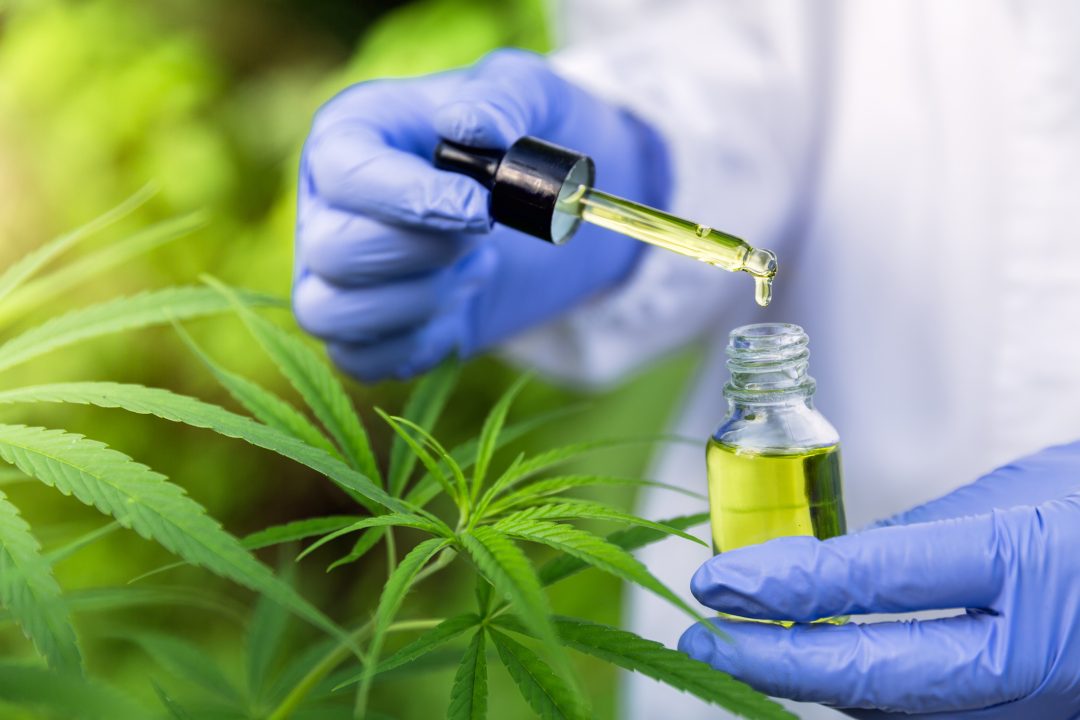A new report has said the “huge potential” of Scottish-grown hemp is being constricted by “stringent” laws and a lack of finance.
The crop can be used to produce a variety of goods from building materials to food, as a replacement for plastic and a source of biofuel.
It was once widely grown in Scotland and its cultivation dates back more than 6000 years.
The paper found that, at present, the supply chain for hemp is underdeveloped with no well-established market routes for farmers despite the possibility it could make the country’s agricultural sector carbon neutral.
Researchers said Scottish hemp is exposed to many threats limiting its development, including “low profitability, lack of technical support, weather limitations, lack of financial assistance, and stringent legislation”.
The plant’s uses include offsetting carbon dioxide, being a food source high in protein, fibre and micronutrients, and acting as an eco-friendly fertiliser and pesticide.
But currently, the plant is only being used in building materials, as a biofuel, textile fabric and as an alternative to plastic.
The report suggests that a change in legislation to relax the regulation of hemp production could produce huge economic and environmental benefits.
The new report, a collaboration between University of Aberdeen’s Rowett Institute and Scotland’s Rural College (SRUC), partnering with the Scottish Agricultural Organisation Society (SAOS) and the Scottish Hemp Association (SHA), It is the first time that a detailed analysis has been carried out on the market opportunities for the Scottish hemp sector with time-bound recommendations to revamp the supply chain provided.
It analysed the supply chain for hempseed and fibre in Scotland using data collected from farmers predominantly in the north east of Scotland as well as the Borders.
Joint report author Dr Wisdom Dogbe of the Rowett Institute said: “The information gathered was used to carry out a full assessment of the challenges and opportunities faced by the hemp sector.
“We know that world production of industrial hemp has been on the decline since the 1960s due to an unfavourable political climate regarding the cultivation and use of the crop as well as legislation. However, the hemp plant has the potential to be a cost-effective, carbon neutral, and environmentally friendly crop for farmers.
“The UK is among the top five countries launching hemp-based products in the world. The majority of the products launched are in the category of snacks, nutritional drinks and beverages, health care, breakfast cereals, and baked goods.
“The top five facts associated with hemp-based products are that it has low, no, or reduced allergens, is vegan, gluten-free, vegetarian and can be grown organically. It truly has the potential to be a cost-effective product bringing both health and environmental benefits.”
Joint author Dr Cesar Revoredo-Giha of SRUC said that the research provides “strong advice” on steps to take to progress the Scottish hemp sector.
It suggested that short-term, hemp could be used as carbon credits crop as well as the provision of educational/technical support to hemp growers.
Further medium-term strategies involve relaxing the regulation of hemp and establishing a strong hemp processing sector.
While in the long-term, a seed production centre and well-coordinated hemp association is proposed.
Follow STV News on WhatsApp
Scan the QR code on your mobile device for all the latest news from around the country


 iStock
iStock




















